Baseball History Comes Alive Now Ranked #2 by Feedspot Among All Internet Baseball History Websites and Blogs!
Guest Submissions from Our Readers Always Welcome!
Visit the Baseball History Comes Alive Home Page
Scroll Down to Read Today’s Essay
Subscribe to Baseball History Comes Alive for automatic updates
As a Free Bonus, you’ll get access to my Special Report:
Gary’s Handy Dandy World Series Reference Guide!
Leon Day Photo Gallery
Salute to the Negro Leagues:
Leon Day
One of the Best Ever!
[Note: For the next few weeks, I’ll be reposting selections from my book Out From the Shadow of the Babe: One hundred ten baseball profiles of players NOT named Babe Ruth! –GL]
“He threw as hard and was as competitive as Bob Gibson. When he pitched against Satchel Paige, Satchel didn’t have an edge. You thought Don Newcombe could pitch? You should have seen Day. He was the most complete ballplayer I’ve ever seen. When all of us who played with him read the list of all-time great pitchers, Leon Day’s name will always have to be at the very top.” –Monte Irvin, speaking of Leon Day
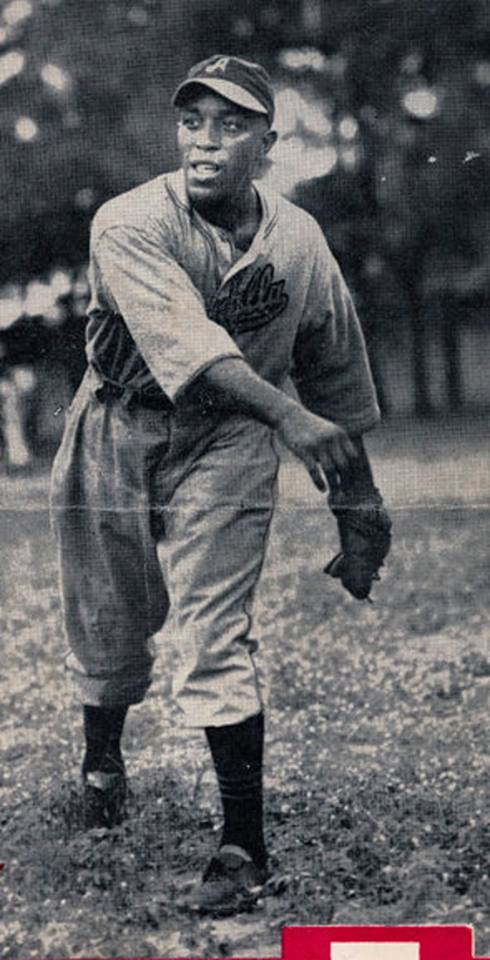
Last year, I was contacted by Michelle Freeman, President of the Leon Day Foundation, asking if I’d do an article on Leon Day. I of course responded I’d be glad to. I was familiar with Leon Day – OK, I had at least heard of him – but I didn’t really know much about him. Well, all it took was a little research to realize that Leon Day was unquestionably one of the best pitchers in Negro League history. He may even have been one of the greatest pitchers ever. Overshadowed by the likes of Negro Leagues stars like Satchel Paige, “Smokey” Joe Williams, and “Cannonball” Dick Redding, Leon Day was at least their equal, and many think he may have even been the best of them all.
Signed by the Baltimore Black Sox in 1934, Day moved to the Brooklyn Eagles of the Negro National League the following season. By age 19 he was an All-Star. Years later, Day recalled his time in the Negro Leagues:
“When they told me they were going to pay me to play baseball, I said they must be crazy. I said I’d play for nothing. I was glad to play in the Negro Leagues. I wouldn’t trade it for anything in the world.”
Leon Day is best remembered as the ace right-hander of the Newark Eagles (1936-39, 1941-43). Over his 19-year professional career, he played for other Negro League teams, including the Baltimore Black Sox (1934), Brooklyn Eagles (1935), Philadelphia Stars (1946), and the Baltimore Elite Giants (1949-50). In addition, he played in the Mexican League (1940, 1947-48), the Venezuelan League (1940), and Puerto Rican winter ball. His career was interrupted by two and a half years of military service with an Army amphibious unit (1944-45), which found him on Utah Beach during the D-Day invasion of France.
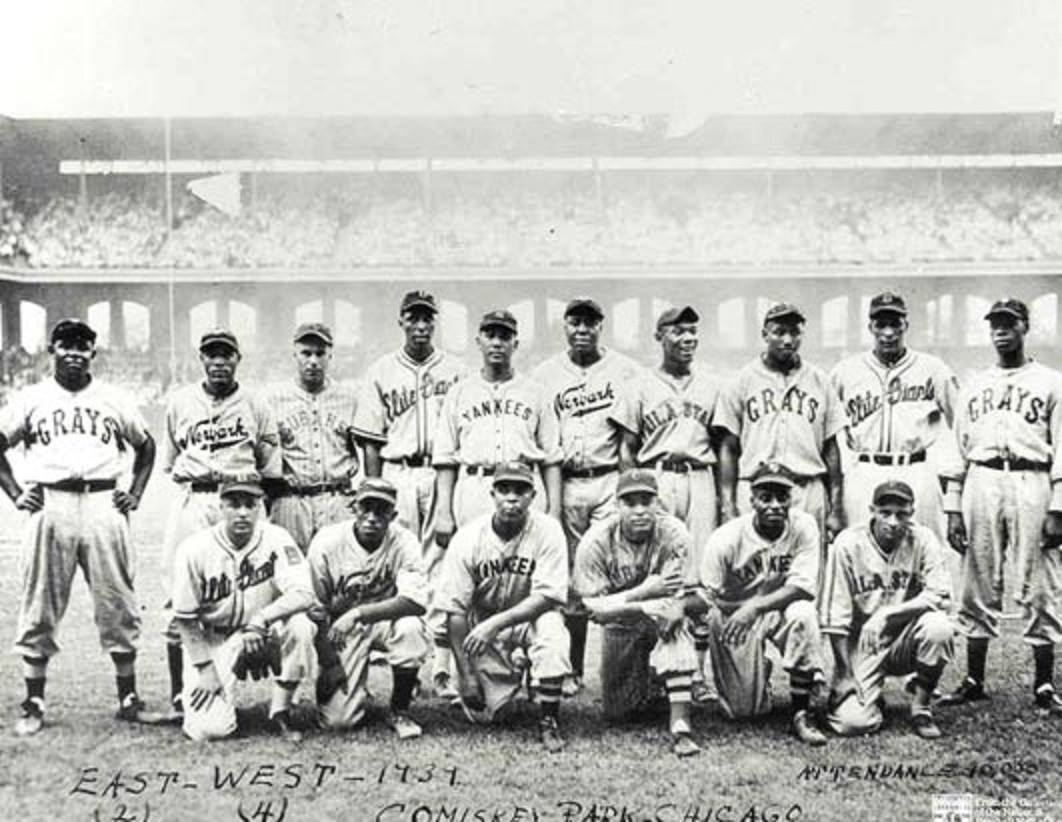
Leon Day was a strikeout artist and holds single-game strikeout records for the Negro National League (18), and for the Puerto Rican League (19). He also holds the strike-out record for the East-West All-Star game (14). The 5′ 9”, 170-lb. Day was known for his fastball, but he also had a great curve and change-up to complement his heater. He had great consistency and was known as one of the best control pitchers of his era.
Other career highlights include his record seven Negro League All-Star selections, and his “perfect season” in 1937, going 13-0. In the 1942 All-Star game, Day faced seven batters and fanned five of them, duplicating Carl Hubbell’s feat in the 1934 Major League All-Star game. In 1943, he was described in the press as “the best pitcher in Colored Baseball today.” He was the ace of the staff of the 1946 Newark Eagles as they won the Negro League World Series.
Not only was Leon Day one of the greatest pitchers of all time, he was also a remarkably versatile athlete, possessing excellent hitting, base running, and fielding skills. He was generally regarded as the best fielding pitcher in the Negro Leagues during his career and once ran a 100-yard dash in ten seconds. In 1941, an injury to an infielder found his team in need of a second baseman. The manager turned to Day, and he responded by forming a superb double-play combination with Monte Irvin. “There wasn’t any position he couldn’t really play,” said Irvin. “He was something to behold, on the mound or in the field.”
Although primarily a pitcher, and a great one, he still posted batting averages of .320, .336, .274, .469, and .271 over different years of his career. When not pitching, his managers often started him at second base, center field, or would use him as a pinch hitter to get his potent bat in the game. It’s hard to think of any player in the major leagues who ever exhibited this degree of versatility. A recognized team leader, he was always one of the most respected and best-liked players on any club to which he belonged.
Shortly following his release from the Army in February 1946, he returned to the Newark Eagles. It was as if he had never left, as he pitched an Opening Day no-hitter against the Philadelphia Stars. Day continued his stand-out pitching that year, topping the league in strikeouts, innings pitched, and complete games. He finished with a 13-4 record, leading the Eagles to the 1946 pennant. Hindered by a sore arm as the Negro League World Series approached, Day nonetheless was called upon to start two games and made a game-saving catch while playing center field in another game. The Eagles edged the Kansas City Monarchs in seven games for the championship.
Leon Day always exuded extreme confidence and an intense, competitive nature, but off the field, he maintained a calm temperament and a modest demeanor that elicited respect from all who knew him. Negro Leagues historian Todd Bolton said, “Day was never a self-promoter. He was a humble man and let his record speak for itself.”
After his baseball career, he worked as a security guard, a mail carrier, and as a bartender. He was selected for the National Baseball Hall of Fame in 1995, as the twelfth Hall of Farmer from the Negro Leagues, and only the seventh to be selected while he was still living. Unfortunately, Leon Day died of a heart attack on March 13, 1995, just six days after learning of his selection.
Gary Livacari
Photo Credits: The National Pastime Museum; and Public Domain.
Background Information: Excerpts edited and compiled from James A. Riley, The Biographical Encyclopedia of the Negro Baseball Leagues; The National Pastime Museum tribute to Leon Day; and from the Leon Day Wikipedia page.
We’d love to hear what you think about this or any other related baseball history topic…please leave comments below.
Gary Livacari
Subscribe to Baseball History Comes Alive to receive email updates. FREE BONUS for subscribing: Gary’s Handy Dandy World Series Reference Guide. The site has over 1500 fully categorized baseball essays and photo galleries, now surpassing the one million hits mark with over 1,290,000 hits: https://wp.me/P7a04E-2he
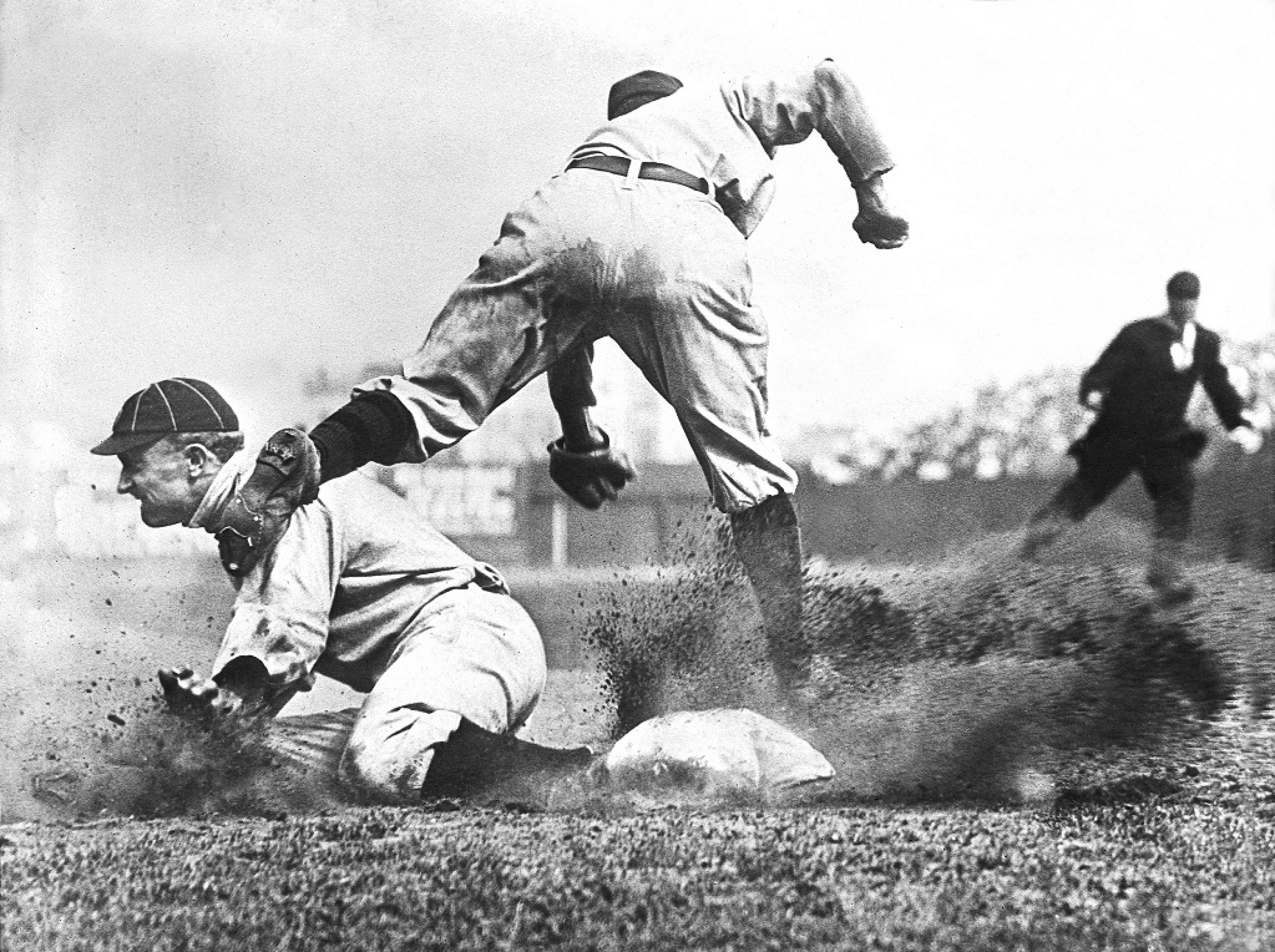
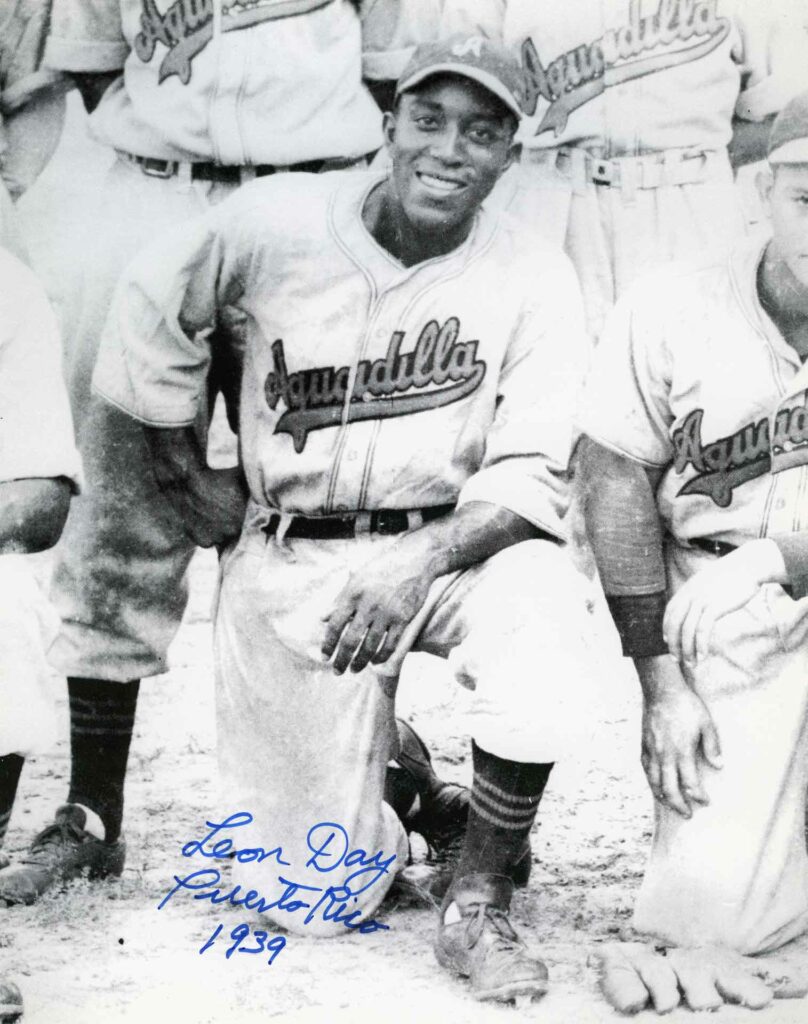
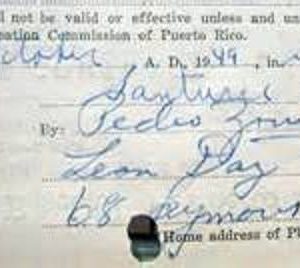
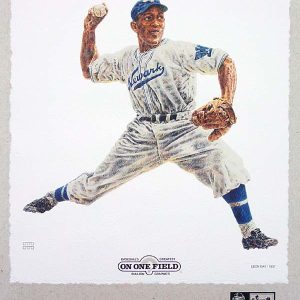
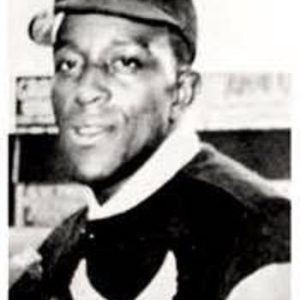
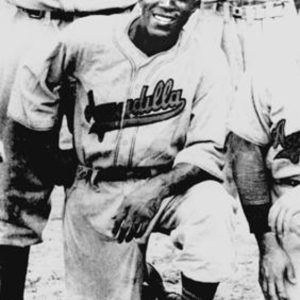
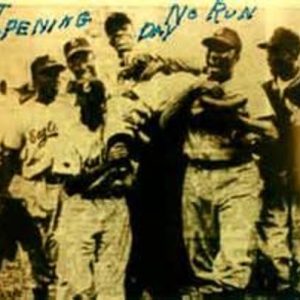
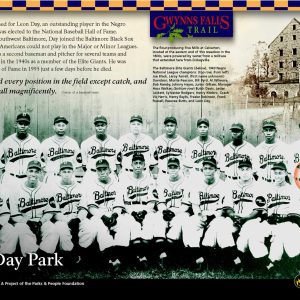
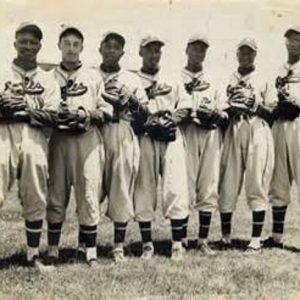
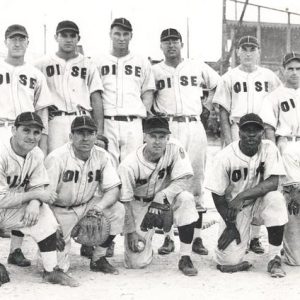
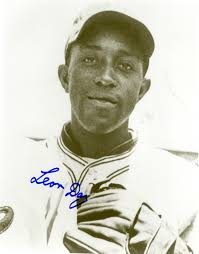
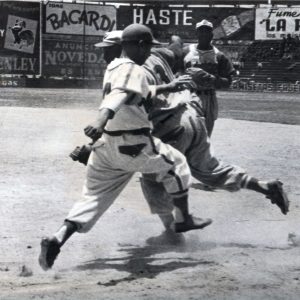
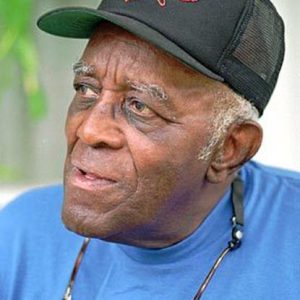
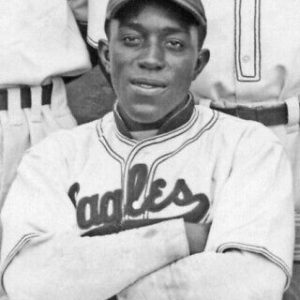
Outstanding ballplayer and I’ve never heard of him until now. Thanks Gary.
Thanks Joe!
Thank you Gary for bringing to life the story of this incredible ballplayer. I wish I could have seen Leon Day pitch in person.
Your right Steve…what a great ball player!